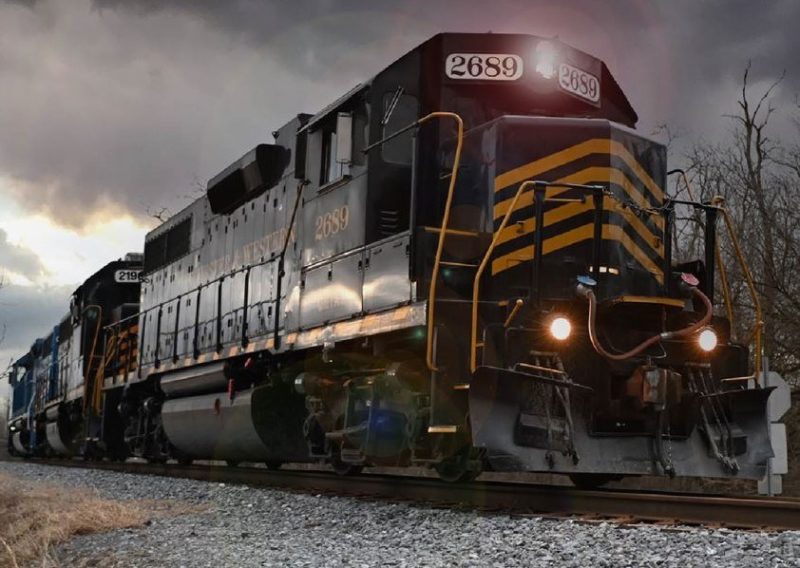
Republican members of the U.S. House Transportation and Infrastructure Committee are urging the Environmental Protection Agency (EPA) to deny the California Air Resource Board’s (CARB’s) authorization request to establish new standards on railroad operations.
Committee Chairman U.S. Rep. Sam Graves (R-MO) and Chairman of the Railroads, Pipelines, and Hazardous Materials Subcommittee Rep. Troy Nehls (R-TX) led other T&I Committee Republicans in a letter to EPA Administrator Michael Regan. The lawmakers said the EPA should deny CARBs request to establish new emissions standards, procedures, financial assessments and reporting requirements for railroad operations as part of its In-Use Locomotive Regulation. The lawmakers said the rule could damage interstate commerce and supply chains, and was a departure from long-established historical norms and precedents.
“Railroads are a crucial mode in the movement of freight and passengers in interstate commerce. Congress has enacted and courts have issued rulings on an entire body of law to ensure that individual states and localities, or even groups of states and localities, do not enact policies that specifically interfere with the operations of railroads,” the letter said.
The proposed rule would effectively ban conventionally powered locomotives and force railroads to transition to zero-emission trains that have not been sufficiently tested, the letter said. Additionally, the CARB rule includes an In-Use Operational Requirement, an Idling requirement, Spending Account and Registration, Reporting and Recordkeeping Requirements, each of which conflict with existing statue and ignore the principle of federal preemption in regard to railroads. The Republicans said the proposed rule would raise costs and would lead to the elimination of several short line railroads, many of which are small businesses.
“The CARB Rule fails any meaningful cost-benefit analysis,” the letter said. “According to CARB’s own analysis, the cost for Class I operators exceeds $86 billion. Further, it acknowledges some operations important to the system would not be able to absorb these regulatory costs … The consequences of the CARB Rule are widely recognized beyond the directly regulated industry. It is for these reasons that several local government, labor and shipper stakeholders recognize the economic harm the Rule will have on railroad employment, investment in infrastructure, and its capacity to serve the supply chain needs of shippers.”